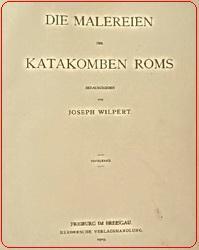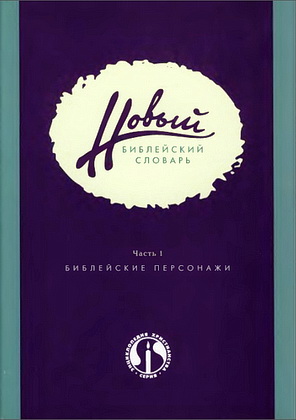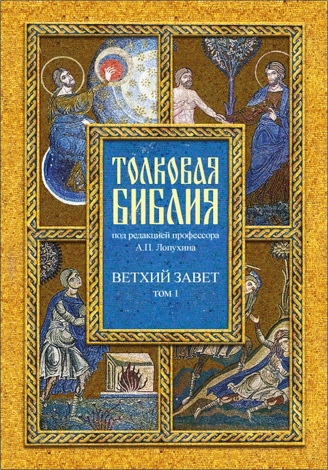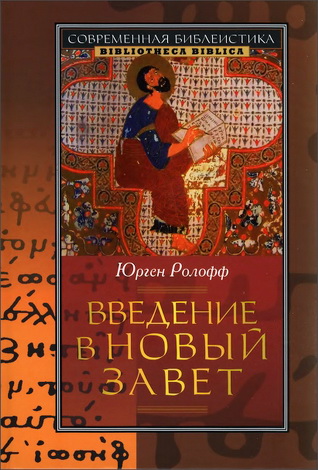
Webb William - Slaves, Women & Homosexuals
This is precisely how the book should be read and assessed: Does this book help me think through these debated areas more clearly? I think you will conclude with me that it does. I wholeheartedly commend the book to you on that basis and thank Dr. Webb for writing it.
Read Slaves, Women & Homosexuals. Chew over its examples. Discuss them with your friends. Here is a full-course hermeneutical meal.
Darrell L. Bock
Research Professor of New Testament Studies Dallas Theological Seminary
Webb, William J. Slaves, Women & Homosexuals: Exploring the Hermeneutics of Cultural Analysis
Webb - Slaves, Women & Homosexuals - Preface
I consider myself most fortunate to teach in the beautiful setting of Cambridge, Ontario, in an educational environment such as Heritage Theological Seminary. This book reflects a journey of five years with fellow faculty members. In their critical interaction with my material, these faithful colleagues have been cordial and caring even when expressing points of significant disagreement. I wish to thank the entire faculty for their input-they have enriched my life as a community of reflective academics and as a gathering of friends.
I must also express appreciation to our board, president and administrators for encouraging me as I brought this work to publication. Their leadership, expressed in practical and ideological ways, has made my theological reflection possible. My views, of course, do not represent any official seminary position; a variety of perspectives are represented at Heritage in an atmosphere of gracious deference and mutual respect.
Along the way, my students (both current and former) have made a marked contribution to my thinking and development. Their relentless and idealized pursuit of the truth always spurs me on. Special thanks to Cyril Guerette and Neal Wilson, who researched extensive portions of the appendixes. Also I am indebted to Tim Bahula for his "ninth inning" interaction, which led to a much-improved manuscript.
Without my supportive family this volume would never have taken shape. My wife, Marilyn, has sacrificed generously over the years for our home and ministry. She is truly my closest friend and my beloved soul mate. My brother, Robert, and my father, Bud, both scholars and teachers in their own fields, made this volume far more readable and useful to the classroom. Our broader church family, Community Fellowship in Waterloo, also helped shape this work, especially the last chapter, in a way that makes the entire work more ecclesiastically friendly.
A number of well-respected biblical scholars read through the manuscript in its emerging stages and offered valuable suggestions. I wish to thank Darrell Bock, Steve Spencer, Craig Keener, Dan Block and Craig Evans; their insights have significantly improved the final product. Of course, any remaining shortcomings are of my own making.
My thanks to lnterVarsity Press for accepting the manuscript for publication. Special thanks to Andy Le Peau and Gary Deddo for successfully guiding it through the editorial process. The sage prompting of Gary Deddo led to a completely new arrangement and flow for the book and a far clearer articulation of the criteria. His substantive critiques strengthened the work well beyond its original state.
The dedication of this volume to F. F. Bruce (in his memory) and to Craig Blomberg may appear somewhat strange, for it celebrates on one page and in one volume the contributions of an egalitarian advocate and a patriarchal proponent. Yet their shared hermeneutic, along with other overlapping considerations (see chapter eight), creates the possibility for a spirit of harmony between two groups who have often related in hostile and polarized ways. Blomberg's use of a redemptive-spirit hermeneutic permits considerable movement toward an egalitarian position. This "conceptual awakening" is beginning to emerge in a number of evangelical seminaries around the world-including my own seminary. My prayer is that the awakening will eventually change the face of the church by producing a more unified community of Christ's followers.





Комментарии
Пока нет комментариев. Будьте первым!